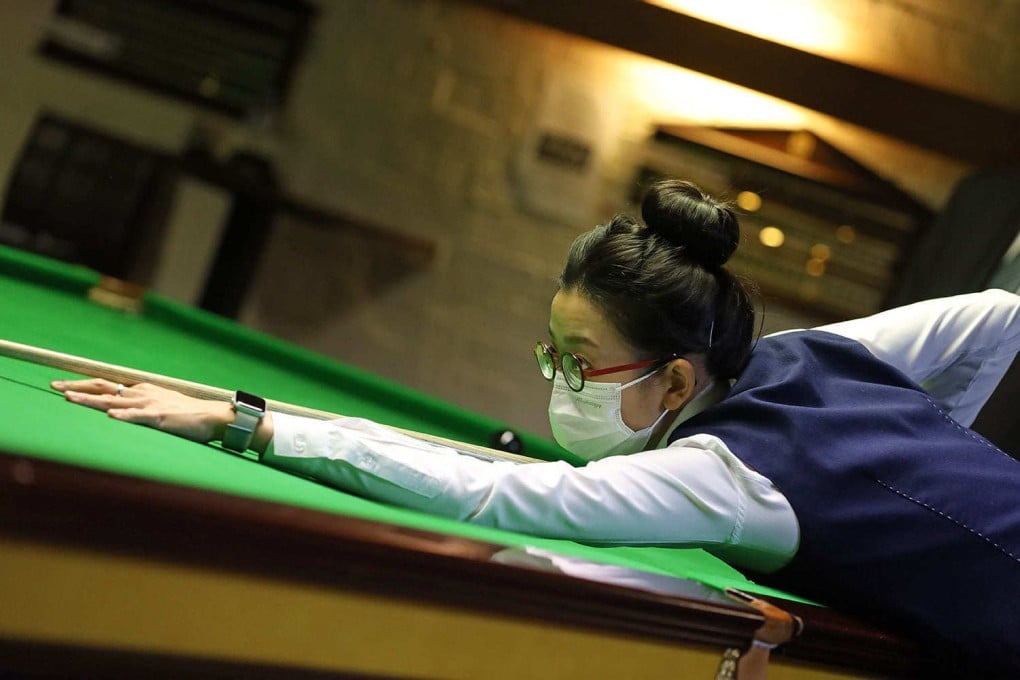Hong Kong snooker star Ng On-yee warns against ‘destructive decision’ with billiard sports facing fight to retain Tier A status and funding under threat
- Billiards sports could be demoted to Tier B status by Hong Kong Sports Institute after another Asian Games snub
- ‘A dramatic reduction in support and funding would be hurting our youngest players the most,’ says men’s star Marco Fu

Women’s world No 2 Ng On-yee says downgrading billiard sports would be “sudden and destructive”, and hopes her success will help snooker retain its Tier A status at the Hong Kong Sports Institute.
Billiards and snooker are among the sporting authority’s 20 designated Tier A sports, entitling them to world-class facilities at its Fo Tan campus, as well as reasonable financial support for elite athletes.
Before the pandemic, billiards and snooker recorded a maximum possible score of 14.33 for the 2019-2020 season under the HKSI’s ranking system, and they have been secure as an elite sport for the last 13 years.
However, they could be demoted to Tier B next April because they have been dropped by the Asian Games for three consecutive editions at Incheon 2014, Jakarta 2018, and Hangzhou 2022.

“I felt my years of snooker had just begun,” said 31-year-old Ng, who claimed the season-ending Winchester Women’s Open title last weekend in Leicestershire and is still in the UK.